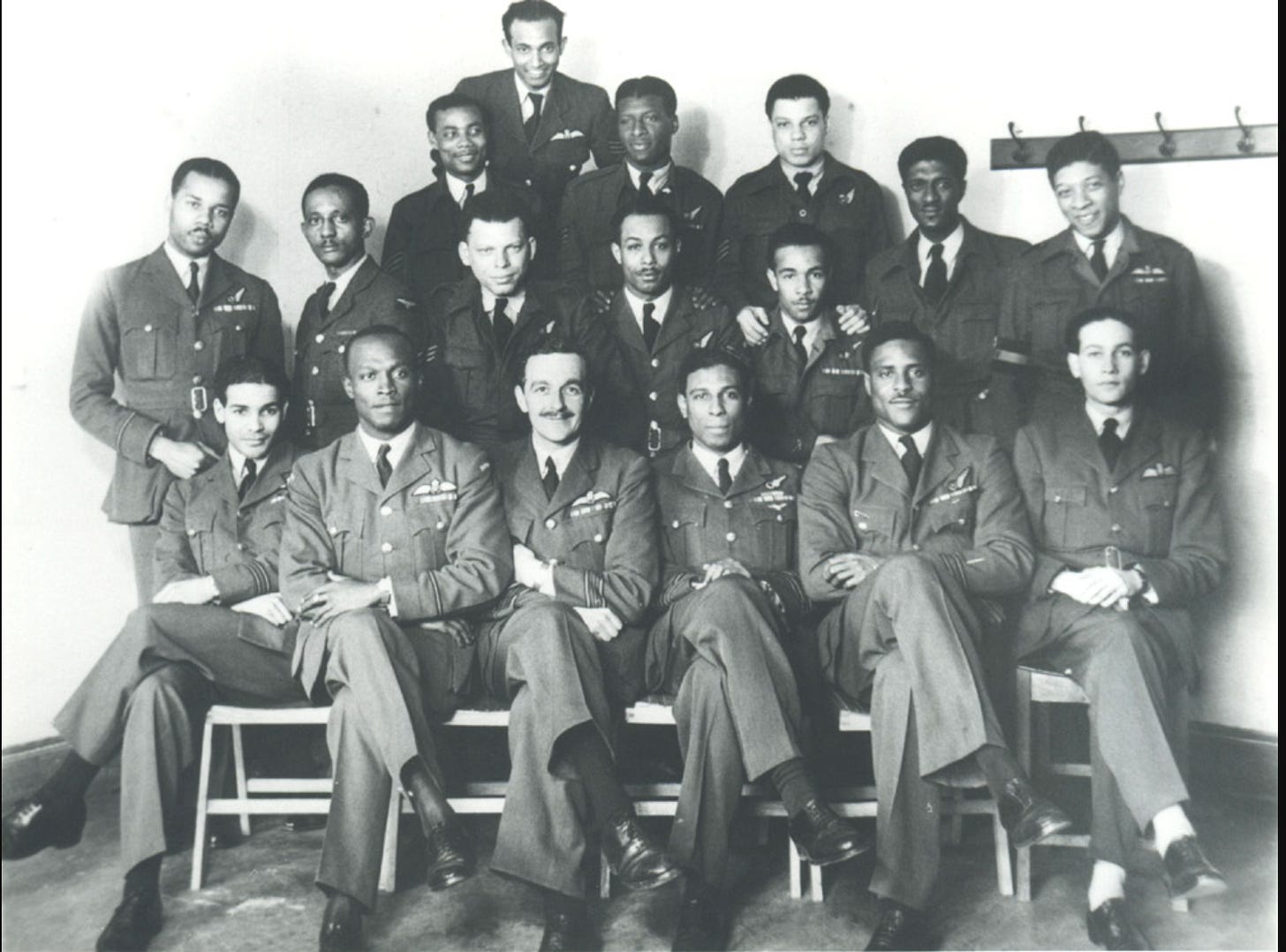Episode Sixteen: Between the Worlds
Traditionally, it was very easy to spot men and women who had grown up in multiple cultures. They were mixed-race, or possessed multiple passports. Or their parents worked for the Foreign Office and they had spent their childhood part in the unique bubble of the international class, part in Britain, the other part absorbing the mores of rural Kenya. Or they were the first person in their family to go to university, for which they got a write-up in the local newspaper.
The demands of a dominant majority culture, however, often forced those who lived between the worlds to conform to either one culture or another. Rarely was it possible to dwell simultaneously in both, especially as post-imperial decline set in. Alan Turing was temporarily able to float between the gay subculture and the world of elite science, but eventually found himself on the wrong end of a post-war resurgence of homophobia, as a newly confident working class asserted their mores over those of the elite (in those rarefied circles, homosexuality had long been tacitly accepted).
Likewise E.R Braithwaite, author of the famous educational memoir To Sir with Love and in many ways a quintessential child of Empire, found 1950s London a vastly worse place for him as a black man than it had been during his distinguished wartime service in the RAF. White working-class London was relentless in its demands: the culture clash culminates in a scene where Braithwaite, a cultured and supremely well-educated fellow from an affluent Guyanan family, finds himself forced to win the respect of the school bully by knocking him out in a boxing fight.
Ethnic minority RAF officers. Braithwaite is probably the man in the third row back, on the left.
The tactic works, and Braithwaite masters his turbulent pupils, but the episode illustrates how difficult it became to dwell, in the Empire’s twilight, as both proud black Guyanan and loyal English subject of the Crown. Braithwaite can only adapt and thrive in the world of postwar secondary by demonstrating his mastery of at least one key aspect of his pupils’ culture: ritualized violence. Until the very end of the book, even for a man as distinguished as Braithwaite, he must live entirely in the world of the children of 1950s London: his own backgrounds seem to mean nothing to them.
Of course, many of the traditional markers of biculturality still apply today, and while at least mixed-race people are less likely to be forced to choose between their heritages, political polarization may still force other types of bicultural people to pick one or the other: either their newly acquired graduate mores, or the culture of their family and the town they came from. The creative tension that comes from holding two things together is still lost in many cases, much, I think, to the detriment of us all.
Less well-noticed, however, is how ever greater numbers of people are bicultural, a phenomenon driven not by greater access to university, but by the Internet. The outwardly normie teenage girl from Essex can log on and spend her evenings immersed in the dubious joys of /pol, escaping for a while the dreams of her mother (who wants her to become a beautician). The Internet creates, sharpens and defines subcultures: the experience of inceldom is as old as human history, but such a uniquely creative incel subculture could never have come into being without the web.
In many cases, Internet subcultures are agents of radicalization. One minute you log on to complain about how you can’t get a girlfriend, the next you’re googling for surgeons that specialize in maxillofacial reconstruction. This process is well known and discussed to death in mainstream media. Under the radar, however, I wonder if the Internet quietly serves a more harmonious role in society than we might think. Not only does it allow for people to cycle far more quickly between ideologies (in the process exposing how silly they all are), but it creates places of escape, where those forced by accidents of birth or circumstance to live betwixt and between the worlds can do so, without being forced to choose. For even under the great bifurcation, those who can live for longer in two cultures are still more likely to grow to love them both.



